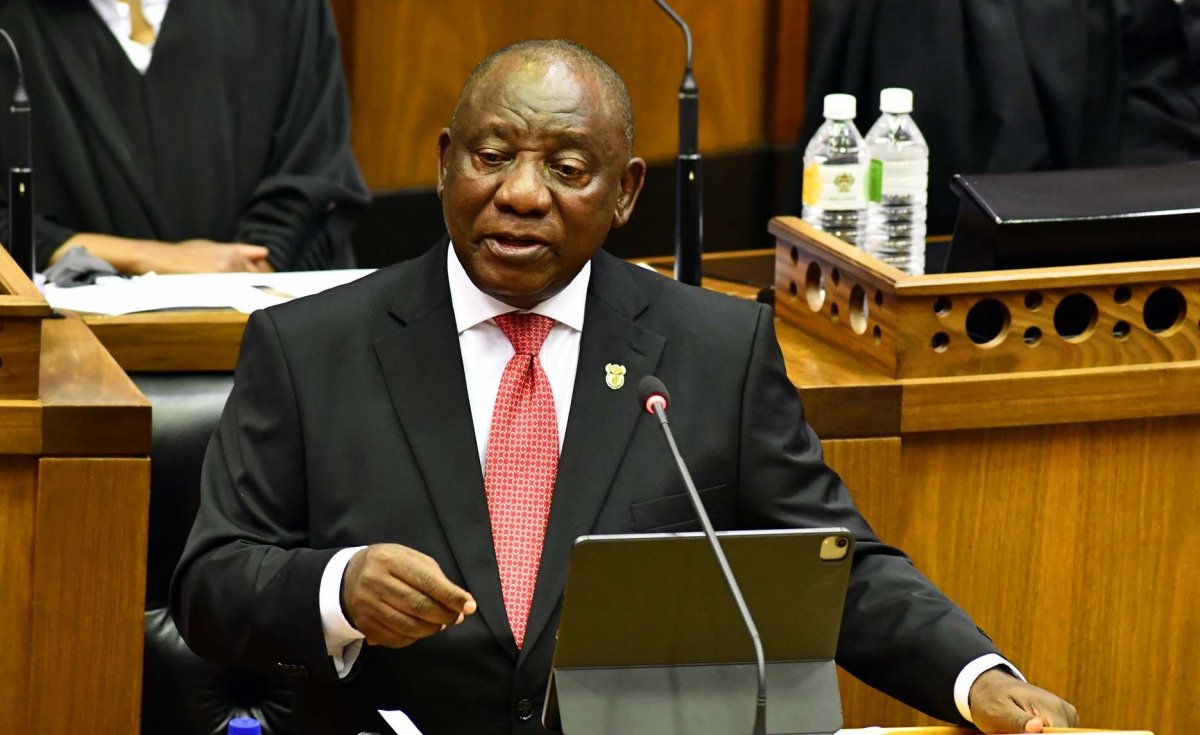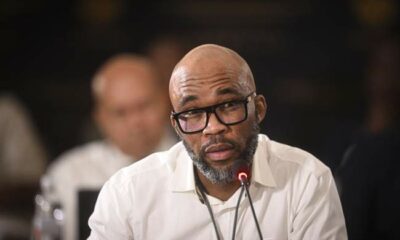News
Ramaphosa Pushes Back Against DA’s Call to Scrap BEE: “No Dilution, No Debate, Yet”

Ramaphosa Dismisses DA’s Push to Replace BEE with a New Bill
President Cyril Ramaphosa has made it clear, South Africa’s Black Economic Empowerment (BEE) policy is not up for dilution or replacement. This comes after the Democratic Alliance (DA) once again proposed scrapping Broad-Based Black Economic Empowerment (B-BBEE) in favour of a new economic empowerment bill focused on need rather than race.
The president, speaking in Soshanguve during the 100th birthday celebration of struggle veteran Tlou Cholo, downplayed the DA’s proposal with a calm but firm response. “Currently, we have a BEE policy that is rooted and underpinned by our Constitution,” Ramaphosa said. “If anyone wants to amend it, they must bring those proposals to Parliament. At the moment, BEE applies without any dilution whatsoever.”
A Coalition Clash in the Making
The DA’s stance adds another layer of tension to South Africa’s fragile Government of National Unity (GNU), where ideological differences between the DA and the ANC continue to surface.
Mathew Cuthbert, the DA’s Head of Policy, argued that BEE has failed the majority of black South Africans, benefiting only a politically connected elite. “We fundamentally disagree with the ANC’s approach to empowerment,” he said, highlighting the party’s alternative Public Procurement Amendment Bill as a more inclusive, needs-based model.
The DA claims its proposal would remove race as a key determinant in empowerment measures, a stance it believes aligns with the country’s current social and economic realities.
But for many South Africans, particularly within ANC ranks and among labour and civic groups, removing race from the equation risks erasing the historical redress that BEE was designed to achieve.
The Legacy and the Debate
Since its inception in 2003, BEE has been one of South Africa’s most debated economic policies. Initially intended to tackle apartheid-era exclusion by giving black citizens access to ownership, management, and opportunities in the economy, the policy has become both a tool for transformation and a lightning rod for criticism.
Supporters see BEE as a necessary mechanism for long-term equality. Critics, however, argue that it has entrenched a new form of inequality, one based on political proximity rather than genuine empowerment.
Economists have also weighed in, noting that while BEE helped create a new class of black entrepreneurs, it has yet to significantly shift overall wealth distribution. With unemployment and inequality still at crisis levels, some argue the policy needs reform, but not total removal.
Public Reaction: Divided and Heated
On social media, reactions to the DA’s proposal and Ramaphosa’s response were swift and divided.
Some users praised the DA for “finally addressing the real issue of inequality beyond race,” while others accused the party of “trying to erase black pain and history under the guise of equality.”
Meanwhile, ANC supporters applauded Ramaphosa’s calm dismissal. “You don’t fix inequality by pretending it doesn’t exist,” one user wrote on X (formerly Twitter).
What’s Next for Empowerment Policy in SA?
For now, Ramaphosa’s message is clear, BEE remains anchored in law and will not be abandoned without a national conversation. But as the GNU navigates its internal contradictions, the debate over how best to achieve economic justice in South Africa is far from over.
The DA’s challenge, whether symbolic or strategic, could test not only the stability of the coalition but also the country’s broader social contract, one still trying to reconcile past injustice with present inequality.
{Source: EWN}
Follow Joburg ETC on Facebook, Twitter , TikTok and Instagram
For more News in Johannesburg, visit joburgetc.com



























